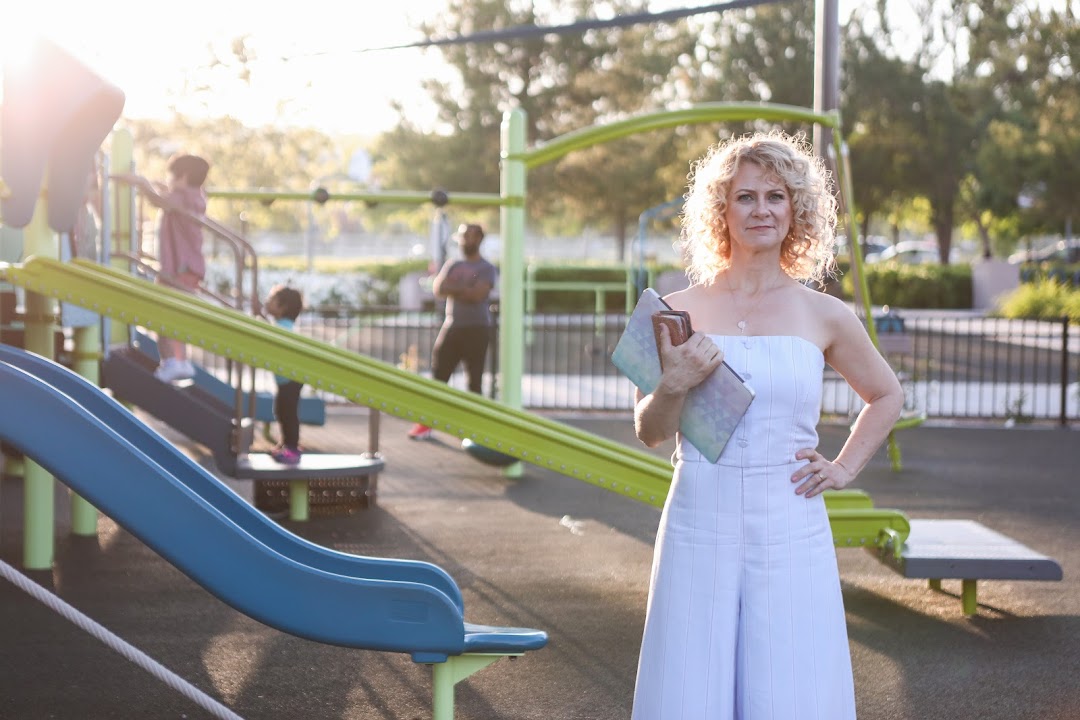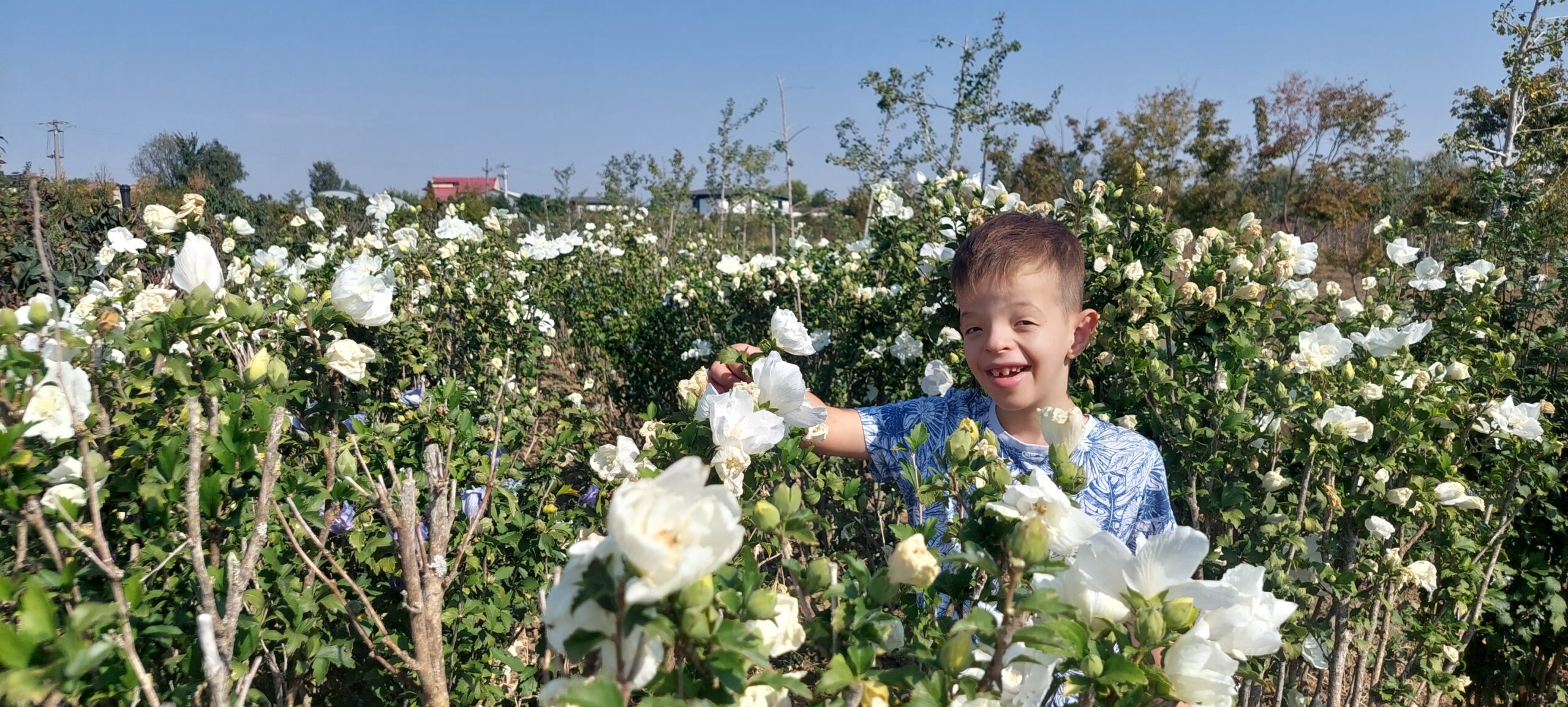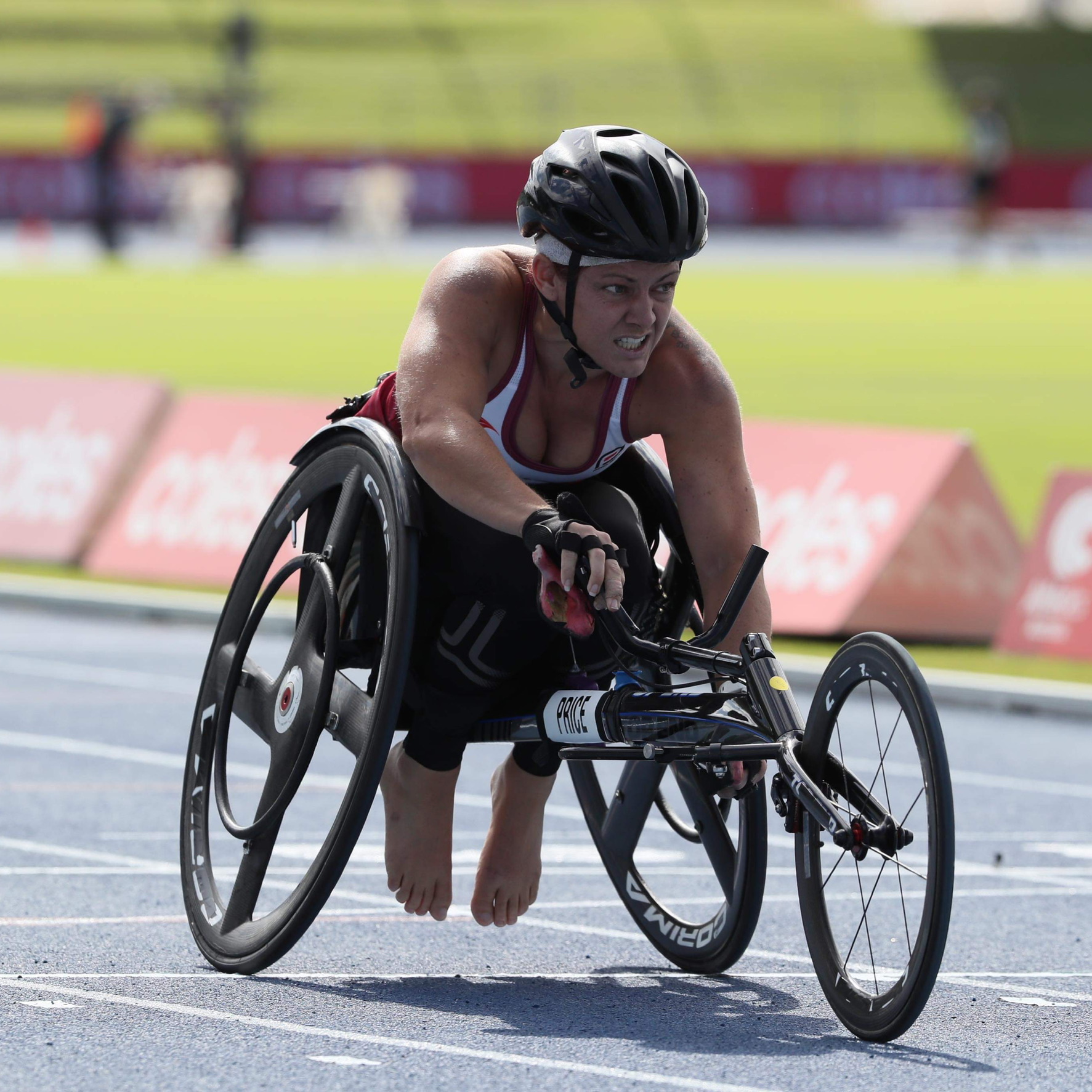Celebrating medtech on World Health Day
British author and disability advocate Alice Barker is keen to express her gratitude for the healthcare and medtech “that have enabled me to lead a rich and blessed life.”
As someone who has relied heavily on specialised medical care and technologies for as long as she can remember, Alice deeply appreciates the sentiment of the World Health Organization’s (WHO) World Health Day, which is about ensuring that people everywhere have access to quality health services – including medical technologies – where and when they need them, without suffering financial hardship. “Due to my cerebral palsy, I’ve been a long-term patient since I was small, being diagnosed as quadriplegic when I was eighteen months old,” she tells This Is MedTech.
“Without the wheelchairs, equipment and more complicated medical procedures that have been provided to me by my national health system, my life would have been radically different,” Alice says. “Over the course of my 23 years I have had five operations, under the care of knowledgeable and awe-inspiring consultants, doctors and nurses. This has included squint correction surgery which involved moving the muscles that control my eye movement, enabling me to see better, as well as surgery to lengthen my hamstrings to allow more ease when standing to transfer.”
Alice firmly believes that she wouldn’t have been able to realise her many achievements – including a First-Class Honours degree, three published books and letters of commendation from the Queen –without having had this medical support over the years. “I’m so grateful for this every day,” she remarks.
In line with the WHO’s vision of “Health for All”, Alice laments for the people in countries who struggle to get the medtech and care they require. “Thanks to the connections I have created from being a disability activist, I have friends all across the world – especially in America – and it fills me with dread when I hear that they cannot afford the medical equipment and procedures they need,” she notes. “If my family would have had to pay for all the orthotics, medication and surgery I have had over the years we would be destitute, and that is a harsh reality for many others overseas.”
Alice feels passionately that resource-strapped national health systems such as Britain’s National Health Service should be fiercely protected “so that future generations may have access to the same quality of life that I have been fortunate enough to have”.
Indeed, being able to get the right medical care and technologies not only impacts individuals, but society at large. WHO Director-General Tedros Adhanom Ghebreyesus notes in a speech: “Today, more than half of the world’s population lacks access to essential health services…This is really disappointing.” He adds that good health is essential to sustained economic and social development as well as poverty reduction: “I quote Nduka when he said a healthy nation is a wealthy nation, and every life matters. If you’re healthy, you can wish anything. If you’re not healthy, you wish only to have your health back. That’s why health is the foundation.”






